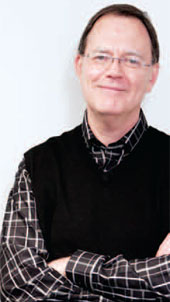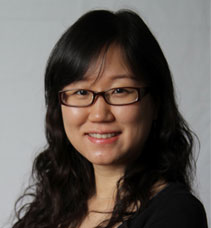Information Mother Lode
The functioning brain is a highly complex system of interconnected processes. For neuroscientists, this complexity makes it critical to have effective ways to gather, view and analyze large amounts of data associated with brain function. Dr. Stephen Strother and his colleagues are developing advanced techniques to amass and analyze a vast collection of research data using state-of-theart computational models. This sophisticated “neuroinformatics” expertise and infrastructure puts Baycrest at the forefront of local and international research focused on aging and the brain.
In one such project, Baycrest is collaborating with provincial research partners and the Ontario Brain Institute to build one of the world’s largest brain research databases. The Brain-CODE database will provide researchers with better, faster access to massive amounts of neurological data, offering the potential to discover links between different brain conditions, and ultimately leading to better ways to treat brain diseases and disorders. Baycrest, under the direction of Dr. Strother, will contribute its expertise in neuroimaging infrastructure to help create this comprehensive database.
Dr. Stephen Strother
Senior Scientist

